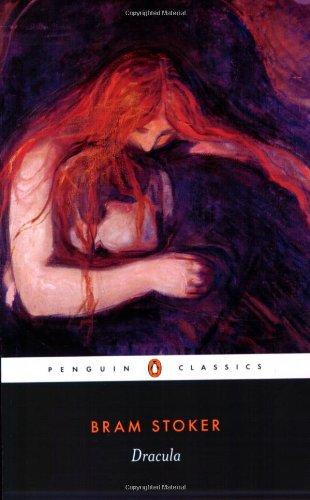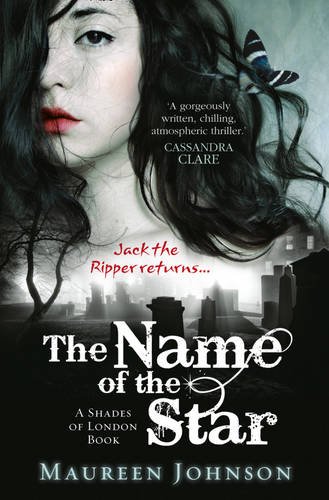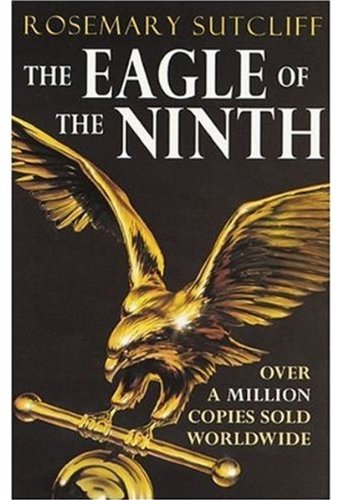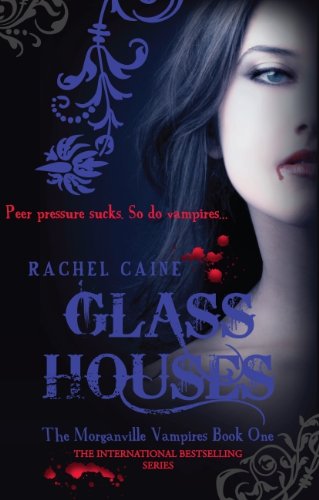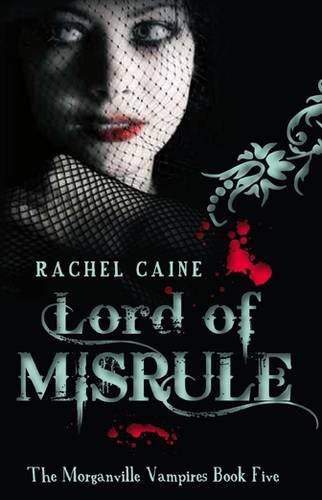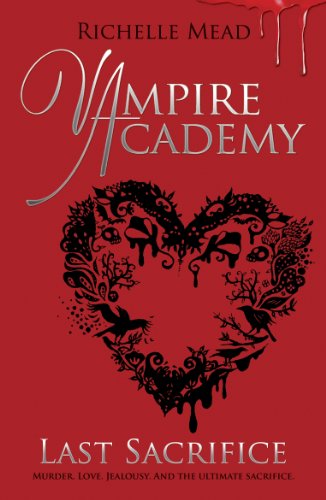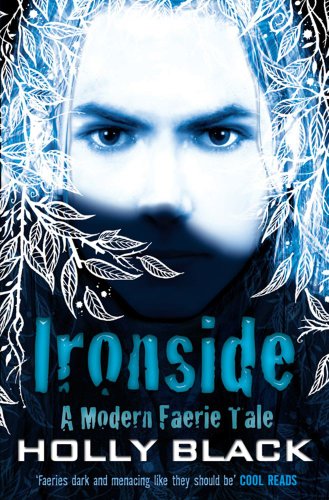 I read this for the Group Read being hosted by Allie at A Literary Odyssey.
I read this for the Group Read being hosted by Allie at A Literary Odyssey.I'm still sorting my thoughts on this poem - I only read Inferno, so there may be things that happen later in The Divine Comedy which would affect my current opinion but which I don't yet know about. I finished at midnight last night after a few glasses of wine, which may be why I was underlining anything that was also referenced in Assassin's Creed 2 (or maybe I'm just a colossal geek) and getting annoyed with Dante for being all smug about leaving someone with their eyes frozen over. I think the easiest way to do this may be in a list.
1) I am so glad I'm a classicist. I was looking up quite a few notes in the back of my edition anyway - mostly to do with Florentine history and who some of the sinners were - but if I'd also been looking up the mythological references the poem would have taken even longer to read. The only one I didn't recognise properly was Electra: I thought it was the daughter of Agamemnon and Clytemnestra and got a little hacked off that she was being treated nicely. Turns out, it was someone tied into the whole Aeneas-founded-Rome thing.
2) Moving on from the first point, though, is the fact that I've always preferred Greek to Latin, especially when it comes to poetry. The Aeneid does my head in a little, especially the end and Turnus and I'm sorry, I'm supposed to admire Aeneas because no, not happening, and don't even get me started on Dido - because at least none of Odysseus's ladies topped themselves when he left, whatever Dante may be saying about him in Inferno. There is a note in my edition that states that Dante had no Greek and that Homer's work existed only in fragments or commentaries at the time, so he was drawing on those for his information, but still. I was angry - as the above rant possibly suggests.
3) Also a follow on: the style of the poem. I don't think I've ever seen so many Homeric similes in one place before. They're everywhere. And better done than Virgil, who does occasionally seem to be labouring the point. The trip to Hell is also a clear imitation of the trip to the Underworld in The Aeneid, which is in turn based on Odysseus's journey there in The Odyssey. I wonder what it would have been like had all of Homer been extant at the time of Dante's writing.
4) Did Dante like anyone besides himself, Beatrice and Virgil? Because a lot of this read like Chaucer in A Knight's Tale threatening to immortalise his enemies in poetry. This may change as he moves up to heaven - I'm guessing there will be examples of good people there - but in Inferno it seems like everyone who has ever pissed him off is suffering agonies. He claims to have respect for the office of the Pope but is happy to have several late Pontiffs buried upside down in pits with their feet on fire. And he even devises a way for people he likes who are still alive at the time of the poem to be suffering merrily away: your sin makes you lose your soul, which descends to Hell, and a demon takes your body (like a vampire in Buffy).
5) I'm not sure if the point is that Dante is human and therefore fallible, but he doesn't come off particularly well during his journey. Not only does he swoon as much as Pamela, but he's smug and he lies and he's generally annoying. Again, this may change when he gets to Purgatory and Heaven, but he didn't behave particularly well in Hell (they have a code of conduct down there, you know).
6) Some of the punishments were utterly grotesque - which may be why so many TV serial killers use them on their victims - but the one that scared me the most was in the desert at the beginning, full of people who had achieved nothing of good or evil. Their lives had been blanks; they had done nothing and could go nowhere.
I feel like this should have some sort of conclusion, but I'm not sure what it could be - and I'm aware that this has been a bit ranty (I am clearly one of the wrathful). I did enjoy the poem - as much as something that horrific can be enjoyed - and when I got into the rhythm of it the stanzas flew by. I also want to read the rest of the comedy, and read up the history of Florence at the time because it sounds fascinating and faction-full. Maybe that's the highest praise I can give it: I want more now.


